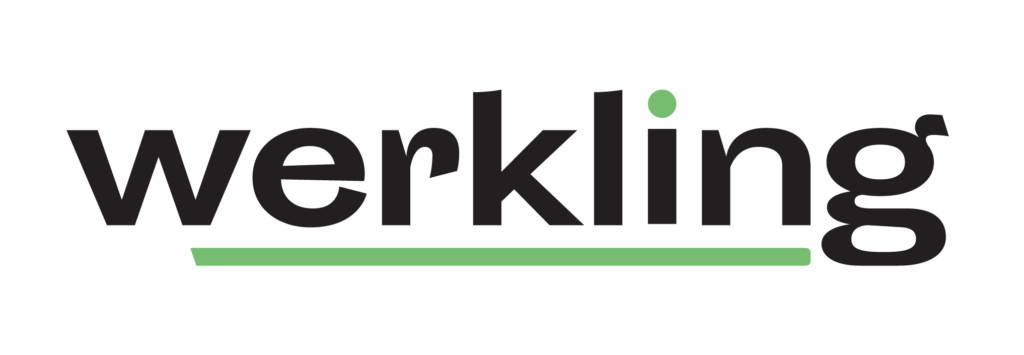As Priya Parker writes, “The way we gather matters”.
Choosing a facilitator for your team day, or any other workshop or work event, can feel a little overwhelming. How do you pinpoint the type of facilitator you need, and define the skills and style that are best suited for your team?
Werkling is no stranger to helping leaders find that perfect ‘facilitator fit’ and has compiled a list of the four top considerations when choosing a facilitator for your next team day.
Understand the outcome
The first thing to get clear on is whether you need;
- A facilitator (someone neutral who can create a process and the space to help the group get to solutions, ideas, decisions or a team outcome), or
- A trainer/subject matter expert (who can train the group and impart knowledge on a specific topic).
Assuming that you are after a business or teaming outcome, not learning outcome, it is more likely that you require a facilitator, not a trainer. A great facilitator will help you shape a session that is unique for your situation and desired outcomes, and create an engaging experience for your team.
Ask the facilitator: Can you give me an example of a recent team day you’ve facilitated and how you designed the session and the outcomes? They should be able to give you examples of how they approach workshop design and partner with leaders.
Define your purpose
Purpose is important for many reasons, and your workshop or team day is no exception. Having a clear view on what you want to get out of the session will help your select and brief the right facilitator;
- Why are you getting together at this time?
- What are the most important outcomes?
- What do you want your team to do after their time together?
- How do you want your team to feel after time together?
Defining your purpose will help establish if you need someone who’s going to bring next-level creativity, or someone who can hold the space for some hard conversations.
Because let’s face it, doing the marshmallow and spaghetti game when what the team really needs is to address a gigantic elephant in the room, is a missed opportunity, and could even do more harm than good.
Ask the facilitator: Ok, this is a bit meta, but a great facilitator will ask you questions to help further define the purpose for your workshop. So listen out for a prospective facilitator asking great questions about the challenges you’re facing, and the outcomes you want to achieve.
Create time to do it properly
A significant percentage of the success of a workshop happens before anyone walks into a room. Great facilitators will have a view on how they want to engage with you, and the group, in advance of your session.
They may want to do interviews, pre-work, or have some kind of contact or communications with the participants. This builds trust, and helps the facilitator understand what’s really happening in the team, in the words of the people closest to it.
So take this as a friendly nudge. If you know you’re planning a team day in the coming months, start sourcing your facilitator now.
The inside scoop: Werkling facilitators report that team day facilitation is typically busier between February and June, and again from September to December. If you want your first choice of facilitator, the earlier you get in touch, the better. Most facilitators will be perfectly happy if you contact them before you have a final date booked in, and can often provide useful insight when it comes to venue planning.
Ask the facilitator: Ask potential facilitators how they typically engage with their clients and teams ahead of a session, and how they would like to prepare for yours.
Be clear on everyone’s role
You’ve thought about your objectives and outcomes for the session and the facilitator is all over the design and preparation, so now it’s time to think about roles in the room.
First things first, the facilitator is there to guide, challenge, and prompt the group through an opportunity or challenge. They are not there to have, or come up with, the answer for you. (I know, sorry).
Think about the environment you would like the facilitator to create:
- Ask the hard questions that the team won’t ask themselves?
- Create an experience where the team can think differently, and solve problems?
- Create a level of structure and process to help the group make a decision they’ve been struggling with?
Once you’ve discussed the facilitator’s role, you can think about your own role. You’re the leader of the team on a day-to-day basis, but what does that mean in the team day or workshop? What is your role in the group in helping them overcome a challenge, or generate more creative ideas? Do you need to step up, or sit back? Being really clear on this role upfront, and aligning with the facilitator, will prevent awkwardness and make sure your outcomes are achieved.
Ask the facilitator: Talk about what role the facilitator suggests that you play, as the sponsor of the team workshop. They may have specific ideas where they would like you to ‘go first’, and other areas where they’d like you to sit back to let the group contribute.
As our teams navigate this new world of hybrid and remote work work, finding space for dedicated time together has never been so important. Whether in-person or virtual, a great facilitator can drive real, tangible outcomes and have a lasting impact that stretches far beyond the workshop.
Need a facilitator?
Werkling matches leaders to peer-recommended on-demand talent. Within our talented community we have some truly exceptional facilitators (among many other skill sets!). If you are planning a team workshop, strategy session, creative ideation workshop, hard team conversation or hybrid ways of working session, please get in touch and we will match you to an amazing facilitator.

